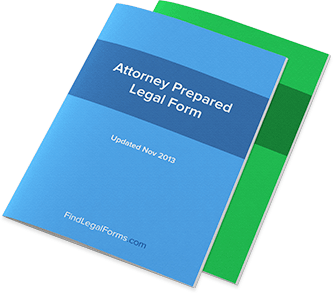How to Read a House Lease Agreement
When you’re renting a house, it represents a major commitment. Sure, you aren’t committing to a 30-year mortgage, but putting guaranteed payments down in writing is never a small deal. That’s why understanding how to read house lease agreements can be crucial to ensuring that you’ve made the right decision – and, after all, no one wants to be caught with more legal responsibilities than they knew they had.
If you want to avoid all that trouble, you’ll have to read your house lease agreement with a discerning eye. In order to do so, it will help if you know what to expect. So in this article, we’ll tackle some of the typical sections you’ll see in one of these lease agreements so that when you read your new lease for the first time, it won’t actually feel like the first time.
Basic Terms
One of the first sections you’ll read are the basic terms: the two parties involved and how much you’ll be expected to pay in monthly rent for the duration of your lease. Nothing esoteric there. You’ll also see that you are named as the tenant, lessee, or renter – whatever phrase the contract chooses. It’s important to remember this for reference in later sections so that you know which responsibilities are being assigned to whom.
Payment terms might be in their own section but we can address them here: not only will you be expected to make a regular payment, but you’ll be expected to do it in a fashion that is defined in the lease agreement. Typically, this section will just outline any penalties you might have for late payments, as well as assign specific dates that the payments are due.
Security Deposits and Utilities
Next, expect to read a lot about security deposits and utilities – these are very important issues in housing agreements, perhaps bigger issues than they are in apartment arrangements. You’ll be expected to pay a security deposit at the beginning of your lease. The lease agreement will outline how much you have to pay and how this money will eventually be paid back, though if you don’t take care of the house you’ll see less of this security deposit at the end of the lease agreement.
Utilities are another big issue in housing agreements – essentially, anything that you have to pay for (or won’t have to pay for) needs to be in writing. Here you’ll find out what you’ll be expected to cover yourself, and this will vary from landlord to landlord.
Keep Reading
If you ever find yourself confused at the wording in your house lease agreement, just ask about it. You’d be surprised how many of these forms are actually just standard forms your landlord was able to gather somewhere. Even so, it’s worth giving every section a careful reading so that you’re sure what you’re signing up for. You might find there are some agreements you made that were not in writing, or that the terms of the agreement were changed without your knowledge. And as they say, knowledge is power.


